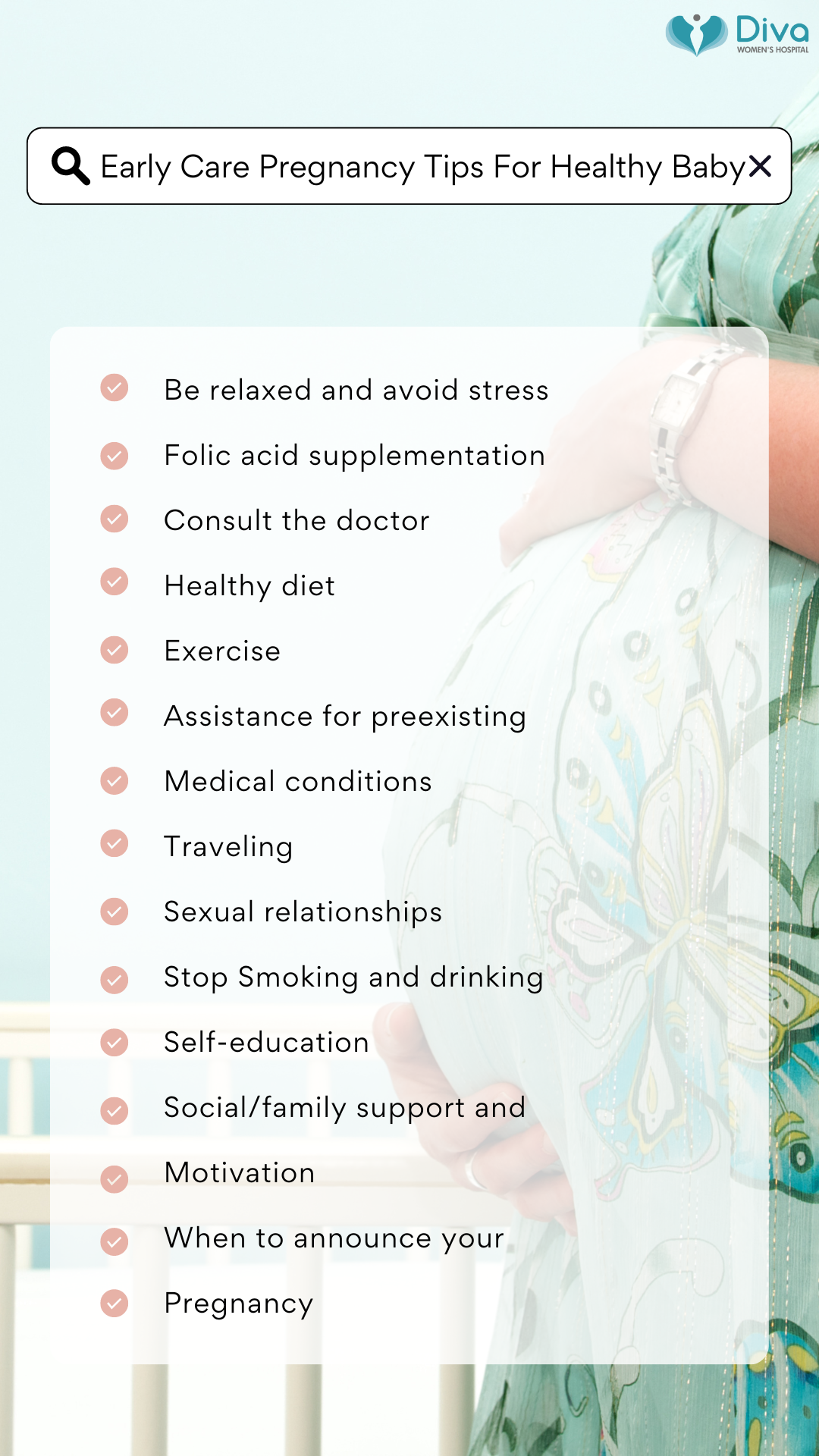
Baby Care During Pregnancy: A Comprehensive Guide
Pregnancy is a transformative journey that brings immense joy and anticipation. While the focus is often on the mother’s well-being, it’s equally crucial to prioritize the health and development of the growing baby. This article provides a comprehensive guide to baby care during pregnancy, covering essential aspects from nutrition to prenatal screenings and beyond.
Nutrition for a Healthy Baby
A balanced and nutritious diet is paramount for both the mother and the baby. Here are key nutrients to prioritize:
- Folic Acid: Essential for preventing neural tube defects in the baby. Found in leafy green vegetables, fortified cereals, and prenatal vitamins.
- Iron: Supports the production of red blood cells in the baby. Good sources include red meat, beans, and fortified cereals.
- Calcium: Crucial for bone development in the baby. Found in dairy products, leafy green vegetables, and fortified foods.
- Omega-3 Fatty Acids: Important for brain and eye development in the baby. Found in fatty fish, walnuts, and flaxseeds.
- Protein: Essential for the growth and development of the baby. Good sources include lean meats, poultry, fish, and beans.
Prenatal Screenings and Tests
Regular prenatal screenings and tests are crucial for monitoring the baby’s health and identifying any potential issues. These include:
- Ultrasound: Provides images of the baby, allowing the doctor to assess growth, development, and any abnormalities.
- Amniocentesis: A procedure that involves extracting amniotic fluid to test for genetic disorders and chromosomal abnormalities.
- Chorionic Villus Sampling (CVS): Similar to amniocentesis, but involves taking a sample of the placenta to test for genetic disorders.
- Blood Tests: Screen for conditions such as gestational diabetes, anemia, and infections.
- Genetic Counseling: Provides information and support to families with a history of genetic disorders.
Exercise and Activity
Moderate exercise during pregnancy is generally safe and beneficial. It can help improve circulation, reduce stress, and maintain a healthy weight. However, it’s important to consult with a healthcare provider before starting any exercise program.
- Recommended Activities: Walking, swimming, prenatal yoga, and light strength training.
- Avoid: Contact sports, high-impact activities, and exercises that involve lying on your back for extended periods.
Lifestyle Considerations
Certain lifestyle choices can impact the baby’s health. Here are some important considerations:
- Smoking: Smoking during pregnancy increases the risk of premature birth, low birth weight, and other health problems.
- Alcohol: Alcohol consumption during pregnancy can lead to fetal alcohol syndrome, which can cause physical and mental disabilities.
- Caffeine: Limit caffeine intake to less than 200 milligrams per day.
- Medications: Always consult with a healthcare provider before taking any medications during pregnancy.
- Environmental Toxins: Avoid exposure to harmful chemicals, such as lead, mercury, and pesticides.
Signs of Potential Problems
It’s important to be aware of signs that may indicate potential problems during pregnancy. These include:
- Vaginal Bleeding: Any vaginal bleeding, especially in the first or third trimester, should be reported to a healthcare provider immediately.
- Severe Abdominal Pain: Persistent or severe abdominal pain can be a sign of preterm labor or other complications.
- Reduced Fetal Movement: A significant decrease in fetal movement can indicate a problem.
- Swelling in the Hands, Feet, or Face: Excessive swelling can be a sign of preeclampsia, a serious condition that requires medical attention.
- Headaches and Vision Changes: Severe headaches or vision changes can be signs of gestational hypertension or preeclampsia.
Preparing for Labor and Delivery
As the pregnancy progresses, it’s important to start preparing for labor and delivery. This includes:
- Prenatal Classes: These classes provide education on labor, delivery, and newborn care.
- Birth Plan: Create a birth plan that outlines your preferences for labor and delivery.
- Hospital Bag: Pack a hospital bag with essential items for you and the baby.
- Support System: Identify a support system of family, friends, or a doula to provide emotional and physical support during labor.
Conclusion
Baby care during pregnancy is a multifaceted aspect of prenatal health. By following a nutritious diet, attending prenatal screenings, engaging in appropriate exercise, making healthy lifestyle choices, and being aware of potential problems, expectant mothers can optimize the health and well-being of their growing babies. Remember to consult with a healthcare provider regularly for personalized guidance and support throughout this transformative journey.
